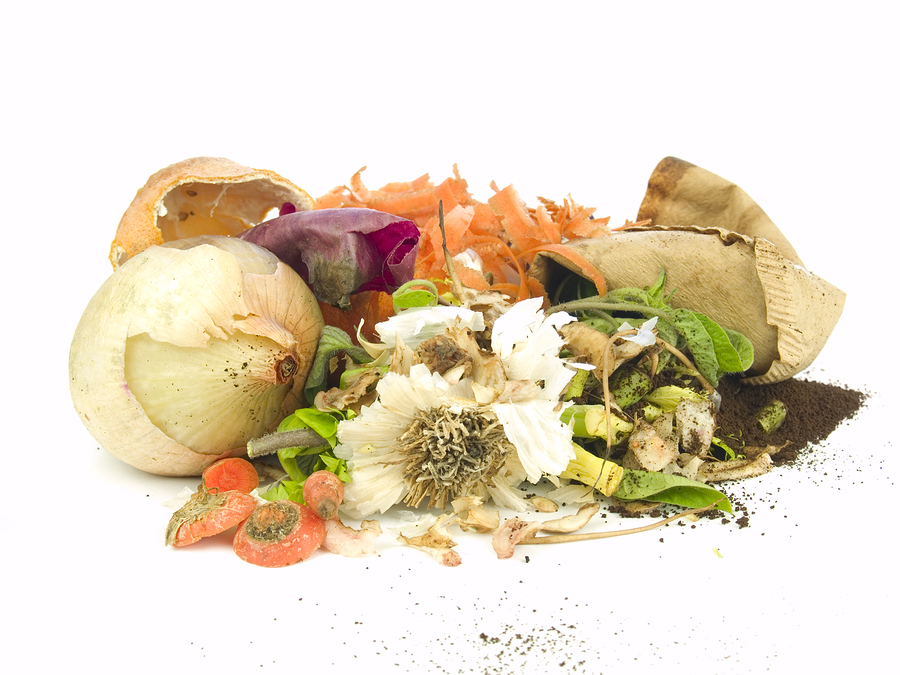As it turns out, there is a finite amount of water. If recent crises are any indication, the need for effective food and water waste management has never been more imperative. Implementing new waste management techniques will end up saving your wallet a lot of trouble. Not to mention, the environment will benefit. It’s a win-win. Save money, and save the earth.
Let’s get into the grim details. One-fifth of the world lives in water-scarce areas, and another quarter of the world is facing water shortages, according to the United Nations. But no one is immune to the effects of wasted water. It is simply too valuable to continue using like a free commodity. When tackling a problem as large-scale as this, it’s hard to conceptualize the role you play. Luckily, those in the food industry are in a marvelous position to pitch in and deal a serious blow to food and water waste.
According to the Food and Agriculture Organization of the United Nations, The U.S. loses approximately 40% of its food to waste, with a total of 1.3 billion tons of food going to waste annually. 97% of that waste goes to landfills where there is absolutely zero chance to repurpose or recycle any unused products. So what can you do to combat this big ugly brute that is food waste? Let’s explore that:
- DONATE. This is the most vital and rewarding step in the process. The Homeless Shelter Directory provides a tracker for finding a homeless shelter or food pantry near you.
- Keep an accurate inventory to measure how much you’re purchasing and how much you’re throwing out.
- Reconsider your practices. What is leading you to end the day with so much waste? Need to reassess production methods? Review packaging and shipment oversights? This step will help you identify why you are wasting as much as you are.
- Develop a composting program so you can unburden your trash cans and bolster recycling efforts.
And that’s just for food waste management. Water waste is a similar beast, but those in this industry are well versed in meticulous diligence. The real terror is how much water is lost during food processing. Tucked away in those 1.3 billion tons of wasted food lies 45 trillion gallons of wasted water, says the World Resources Institute. Here’s how to save big on water waste management:
- Assess your water/energy connections. Energy accounts for about 30% of the cost for operational usage. Better automation and reuse technologies can go a long way to reduce your energy’s dependence on water usage.
- Reuse clean process water. Clean process water is ideal for cleaning pallets and other procedural equipment when necessary. Don’t be afraid to get more use out of your water!
- Replace your traditional faucets with low-flow faucets. It’ll still get the job done but require less of your money.
It’s common for people to shy away from the little responsibilities because of the meager payoff, but food and water waste management is an initiative that truly returns your investment. With increasingly strident water conditions and growing amounts of food waste, there has never been a better time to implement new measures to track and decrease the waste your operations are producing. Using these simple tips you can save your wallet, save your community, and save your business.
Guest Post written by Will Harmon, Marketing Associate at BlueCart. BlueCart has developed an all-in-one platform that allows restaurant owners and suppliers alike to handle all of their ordering in one place. The free-to-use platform has proven to cut food waste, labor costs, and wasted time.
Find out more at BlueCart.com.
